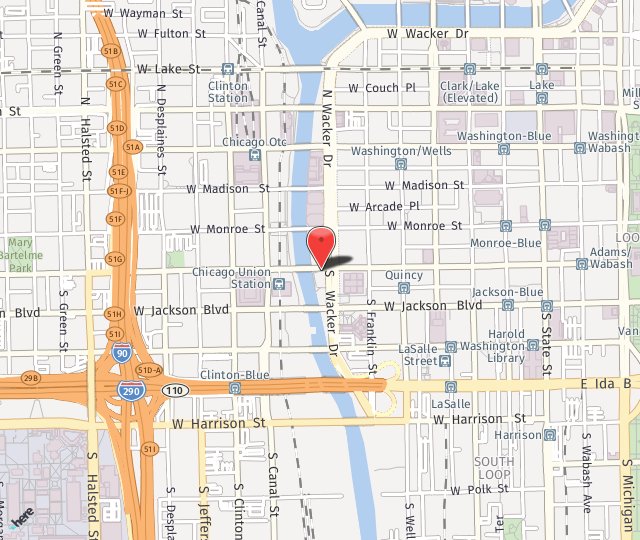Automated calls, texts, and similar communications are not allowed under the Telephone Consumer Protection Act (TCPA) unless “prior express consent” has been given to the company behind them. But what is “prior express consent” and can it be revoked?
Prior express consent has been defined by the courts as “unambiguous written consent.” That seems fairly straight forward, right? If you haven’t given, in writing, your consent to receive automated texts or calls, you shouldn’t ever receive them. However, things become a bit grayer when it comes to “informational” calls and texts. For these, written consent needn’t be given. A company can claim “prior express consent” if you overlooked a box asking to not be contacted or have allowed informational calls in the past. In these cases, revocation of your consent is needed to stop the calls.
Revoking Prior Express Consent
The FCC has ruled that companies cannot create their own system for the revocation of prior express consent. This means that any “reasonable” method of communicating your wishes with the company must suffice as a sort of cease and desist order. While allowing consumers to choose their own ways of revoking consent, these methods enjoy varying amounts of success and may require the help of a TCPA lawyer for full enforcement.
If your wishes are being ignored or if you continue to receive robocalls or texts following a revocation of consent, our Chicago consumer rights attorneys can help. Please contact us online or call (888) 517-9115 to schedule a free consultation and learn more.

